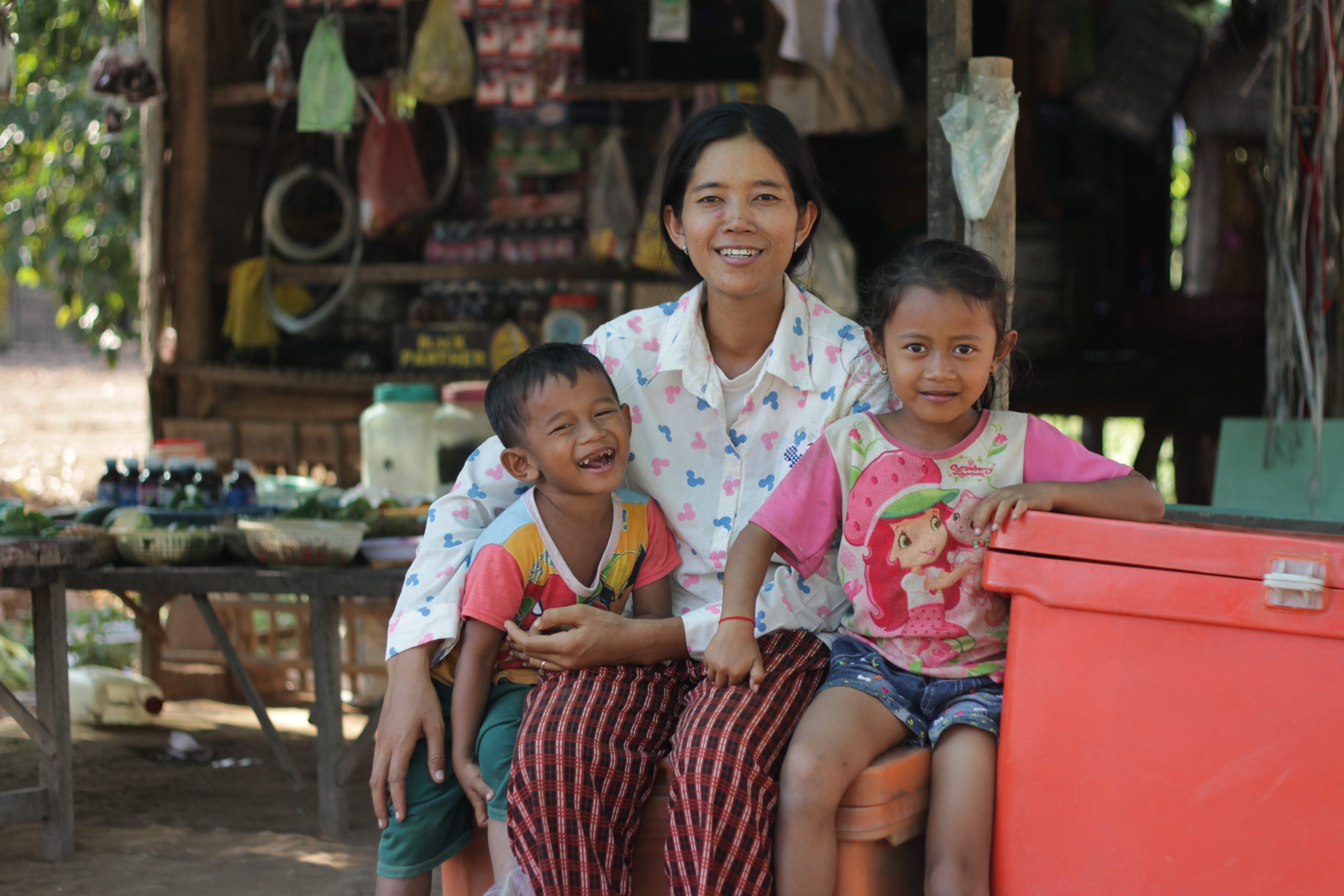Around the world, COVID-19 has pushed more families into crisis, leaving children vulnerable to separation from their family. At the same time, pressure on national governments to reform the way they care for vulnerable children—from institutions to care within a family—is at an all-time high. Since the days of the early church, Christians have prioritized the scriptural mandate of caring for abandoned and marginalized children in society. Today, this means joining a growing movement to support children in safe and loving families.
Children in Orphanages – A Way of the Past
There are an estimated 5.6 million children living in orphanages today, and there is concern that many more will be added to these numbers due to the pandemic. Global statistics show that 80 percent of these children in orphanages have parents or other family members who would be able to care for the child if they had some support to do so. Poverty is a well-known underlying reason as to why children end up in orphanages. As families in poverty struggle to care for their children, an orphanage can often appear to be a solution that ensures a child gets their basic needs met, as well as access to education.
Research clearly recognizes, however, that children develop better in a family environment and children raised in orphanages struggle into adulthood. Encouragingly, child welfare practitioners worldwide are recognizing the vast majority of children in orphanages can be cared for in either their own biological family, or sometimes in another family through in-country foster care or adoption.
However, Christians continue to predominantly support orphanages over other models of care. A recent study estimates that individual U.S. Christians collectively send $3.3 billion a year to orphanages, children’s homes, and other forms of residential care for children.
What if Christians shifted their time, talent, and treasure?
A few months before COVID-19 hit, the United Nations unanimously passed the 2019 Resolution on the Rights of the Child, which confirmed a commitment to strengthen families to better care for their children over placing children in institutions. That means over 130 countries agreed to move in the direction of prioritizing a family for every child.
During the United Nations General Assembly in New York, where these countries were voting on the Resolution, a group of passionate Christian child welfare advocates met to ask the question, “What does this mean for the Church?”
These Christian advocates recognized a need to invite the global church to step into the lives of vulnerable families in their own communities. Many Christians are stepping up by working to support children to return home from orphanages, preventing the need for family separation, and creating alternative family care options for children who truly can’t go home. However, more support is needed to tackle this problem. We need church leaders and networks to address the misconception that orphans need orphanages, and instead, lead Christians to the reality that orphans need safe, loving families.
Towards a future of Christians supporting children in families
With input from hundreds of Christians around the world, this New York meeting led to the creation of the Global Church Pledge, two simple, yet powerful sentences that can rally support for a family care movement.
We believe God designed families as the best environment for children and young people to receive the love, belonging, and protection they need in order to flourish.
Therefore, on behalf of vulnerable children around the world, we commit to support efforts which strengthen families, invest in family-based solutions, and combat the root causes of their vulnerability.
Now translated into 26 languages, the Pledge is being used in a variety of contexts to build momentum for family care. It can be used to bring together Christians in your own church or community to form a collective voice and declaration of support for children being cared for in families.
Check out this helpful toolkit for more ideas on how you can use the Pledge.
The reality of global care reform is now—the train has left the station. Where will the church be on this train? Will we be the caboose of the train, getting pulled along, resisting change and holding on to our old models of caring for the orphan? Or can we be the headlight of the train, shining a light and casting the vision we see in Scripture of God’s intent for family.
WEA has been a leader in building and supporting the Global Church Pledge. Today, we invite you to not only to sign and endorse the Pledge, but also find ways to promote the care of vulnerable children in family among your networks. Our hope is that this pledge is a helpful tool for you as you support the church in calling people to this important work of seeing children thrive in safe and loving families.
Sign the Pledge today at www.globalchurchpledge.org
View results of the recent survey with the Barna Group on US Christian support for residential care here




